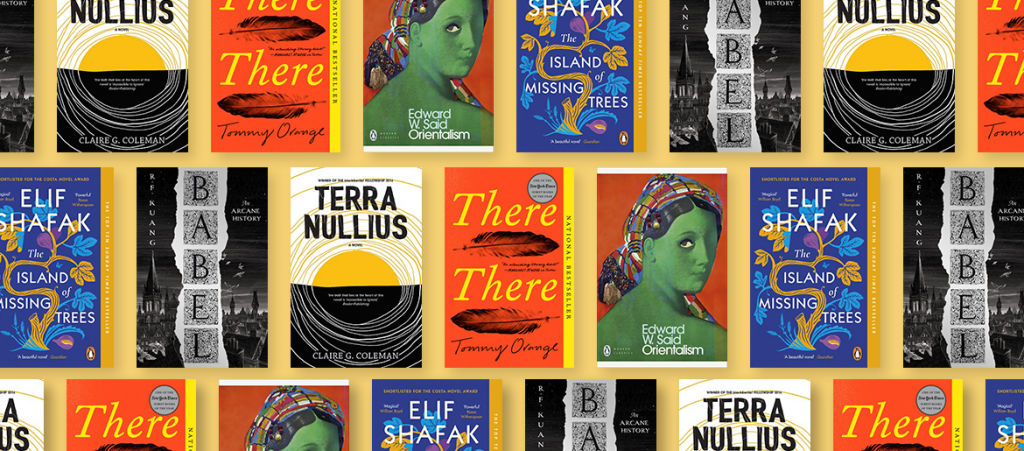
The death of Queen Elizabeth has prompted lots of (overdue) discussion of past and very present horrors of colonialism. Even sombre criticism of the British Monarchy has brought out blatantly racist attacks, proving just how important it is that we don’t stop learning and talking about the brutality of imperialism. After all, it’s not ‘ancient history’ – for many, it’s present day reality. In honour of Her Majesty, we’ve rounded up eight of the most illuminating and impactful books about colonialism, bringing perspectives from different authors in different parts of the world. Whether you prefer to read fiction or nonfiction, we hope you’ll add at least one of these to your reading list.
Fiction
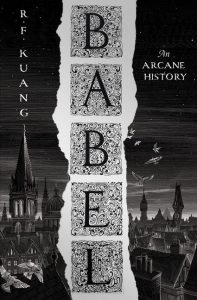
Babel: An Arcane History by R.F. Kuang
This one is blowing up booktok right now. Set in the real world, but on a fictional timeline, Babel follows an orphaned boy named Robin Swift who is taken from his home in China to Oxford, England, in 1828. There he is thrust into lessons in language so that he might one day join the prestigious Royal Institute of Translation, also known as Babel. Throughout his years of study, Robin hopes to eventually attain the highest knowledge Babel offers: the mysteries of silver-working, a magical process that has helped the British Empire maintain its worldwide dominance. But when Robin is made aware of the injustices wrought by Babel, he joins a secret society trying to sabotage the expansion of British power from within.
R.F. Kuang gut-wrenching story demands answers for the sacrifice the colonised have made for empires to flourish, and asks difficult questions about what those people should do when they reach positions of power. Get a copy here.
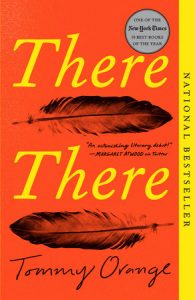
There There by Tommy Orange
There There follows twelve Indigenous Americans who, without realising it, are all connected and headed to the same destination: the Big Oakland Powwow. But not everyone has the same intentions. In the lead up to the powwow, we learn about each character through snippets of their life, often painful and complex, that reveal the realities facing Indigenous people living in urban America. It touches on the multigenerational experience of coming to terms with your identity, cultural inheritance of beauty and spirituality, along with addiction, abuse, and suicide.
There There was shortlisted for the 2019 Pulitzer Prize, and Orange has a sequel due for release in 2023. Get a copy here.
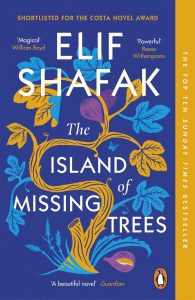
The Island of Missing Trees by Elif Shafak
The novel moves between 1974 Cyprus and 2010s London. In the 70s, we watch the forbidden love build between two teens – Kostas, a Greek Christian Cypriot, and Defne, a Turkish Muslim Cypriot. They meet in secret at a tavern in the city, until war breaks out forcing them to first separate, and later leave for Britain. Much later, in London their 16-year-old daughter Ada is completely detached from her parents’ history and her ancestry – until a fatal shooting raises questions.
The Island of Missing Trees focuses on the very personal impacts of colonisation, and the generational trauma created when human beings are forced to leave their homeland. Get a copy here.
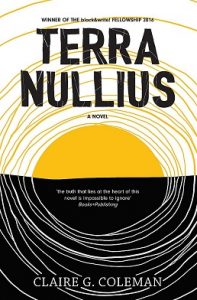
Terra Nullius by Claire Coleman
This book is unsettlingly close to home, taking the real history of Australian colonisation and pushes it all the way to an unexpected, sci-fi future. Coleman describes a society split into “Natives” and “Settlers”, focusing on four main characters. Jacky is a young Native man running away from his enslavement on a Settler farm, trying to find ‘home’ with no idea where that is; Esperance is a young woman in a free Native camp on the very edge of survival; Sister Bagra is a Settler nun at a residential school where Native students are starved and beaten; and Johnny Star is a Colonial Trooper who realises for the first time that the Natives he is killing are in fact human beings.
Terra Nullius is apocalyptic, and so is this country’s past. Get a copy here.
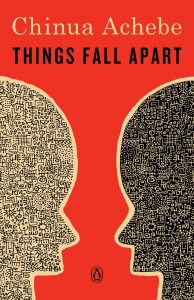
Things Fall Apart by Chinua Achebe
A classic from the legendary Nigerian author Chinua Achebe, Things Fall Apart confronts the real effects of European colonialism on the African continent through the fictional story of Okonkwo. Set in the late 1800s, Okonkwo is a fearless, revered Igbo warrior – we see his life and the ways of his (fictional) Nigerian clan Umuofia before tragedy forces him to leave. When Okonwo returns from his exile seven years later, Christian missionaries have arrived in Umuofia and the transformation of his community’s identity is already well underway.
Things Fall Apart is considered one of the best accounts of the pan-African colonial experience and has sold 20 million copies since it was published in 1958. Get a copy here.
Nonfiction
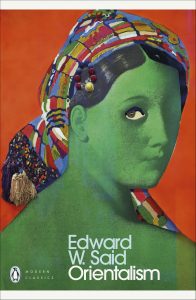
Orientalism by Edward W. Said
This book is a classic that has had enormous influence over academic conversations about literary theory and cultural studies. Said is often referred to as the founder of postcolonial studies, and this book coins and presents the very concept of ‘orientalism’ – how the West selectively portrays the East, particularly the Middle East. Said shows how Western journalists, writers, and scholars have helped to build up a hostile image of the Eastern cultures as inferior, stagnant, and degenerate, and how this also influenced the way people in the Middle Eastern see themselves. These representations of the Arab Middle East in particular have been used to justify so much of the real-world violence in the region that continues to this day.
While lots of expansion on Said’s work has come since Orientalism was originally published in 1978, this is still a fundamental text. Get a copy here.
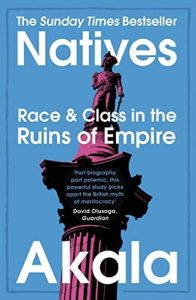
Natives: Race and Class in the Ruins of Empire by Akala
This is a powerful combination of memoir and challenging argument against what modern day Britain has become. Akala is a British rapper, poet and activist, and Natives shares his childhood experiences as the son of a Jamaican father and Scottish mother, living in a country in complete denial of the racial impacts of its past and present. Covering everything from the police, education and identity to politics, sexual objectification and the far right, Akala uses his personal experiences as a Black man in the U.K to highlight what British ‘politeness’ insists on keeping hidden.
Natives reminds us that achieving so-called ‘success’ is not an escape from race and class oppression, because meritocracy is not real. Get a copy here.
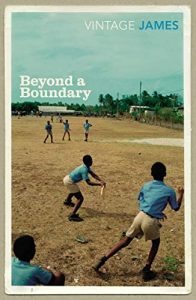
Beyond A Boundary by C.L.R James
James is a Trinidadian historian and activist, so naturally this semi-autobiographical memoir is not just about cricket. Yes, it tells us of the players that James knew and loved, explores the game’s psychology and aesthetics, but it’s really an assessment of how class, race and politics intersect in this ‘British’ sport. Beyond a Boundary foregrounds cricket as the center of West Indian cultural practices, but also at the core of the colonial rule and class antagonism that has shaped Trinidad’s national identity.
Cricket’s political effect extends beyond the “boundary” of the cricket pitch – this book points out the tenuous boundaries that separate culture from politics, race from class, high culture from low. Get a copy here.

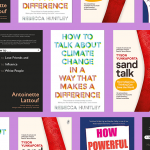

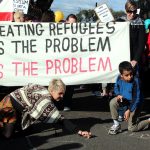
Comments are closed.